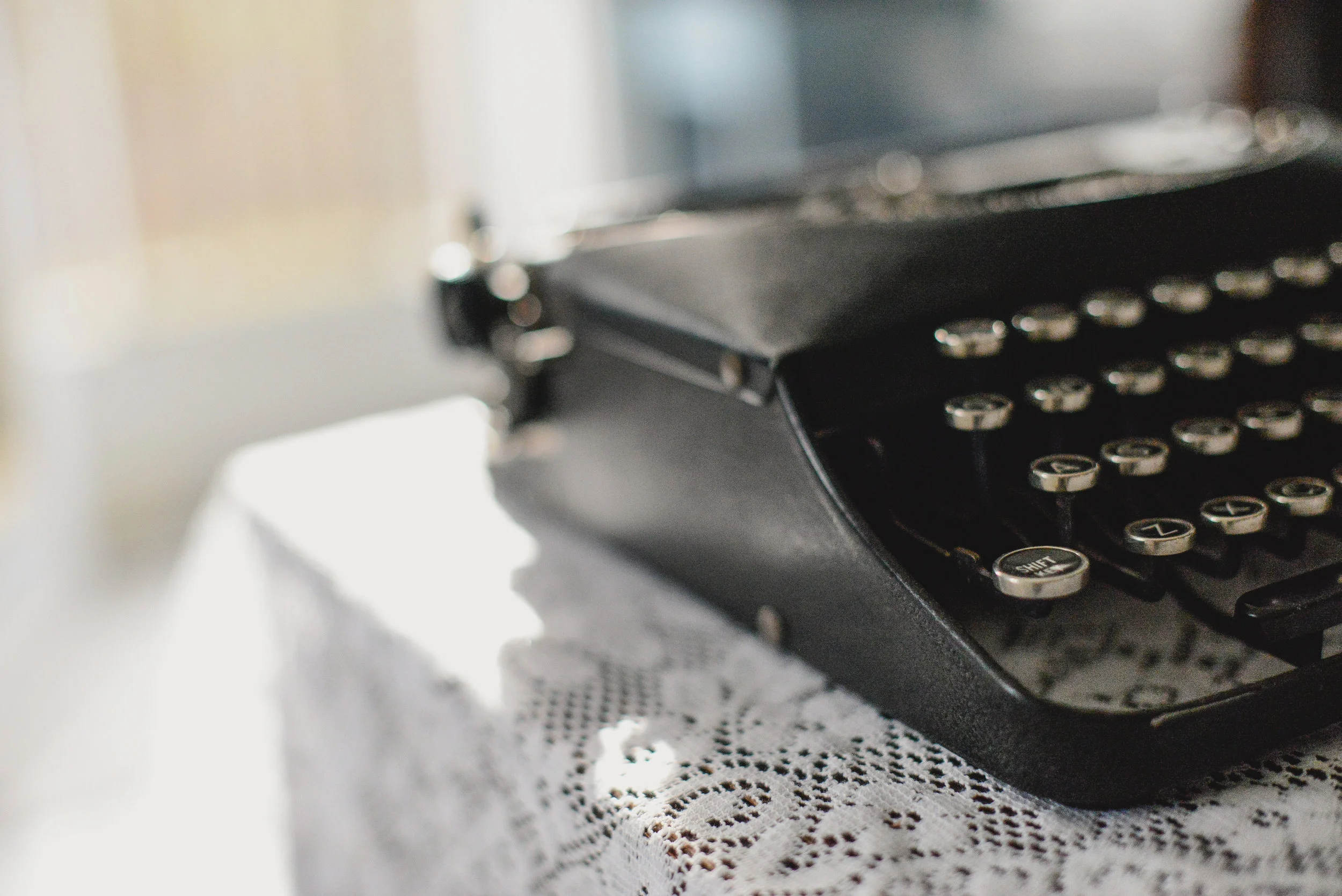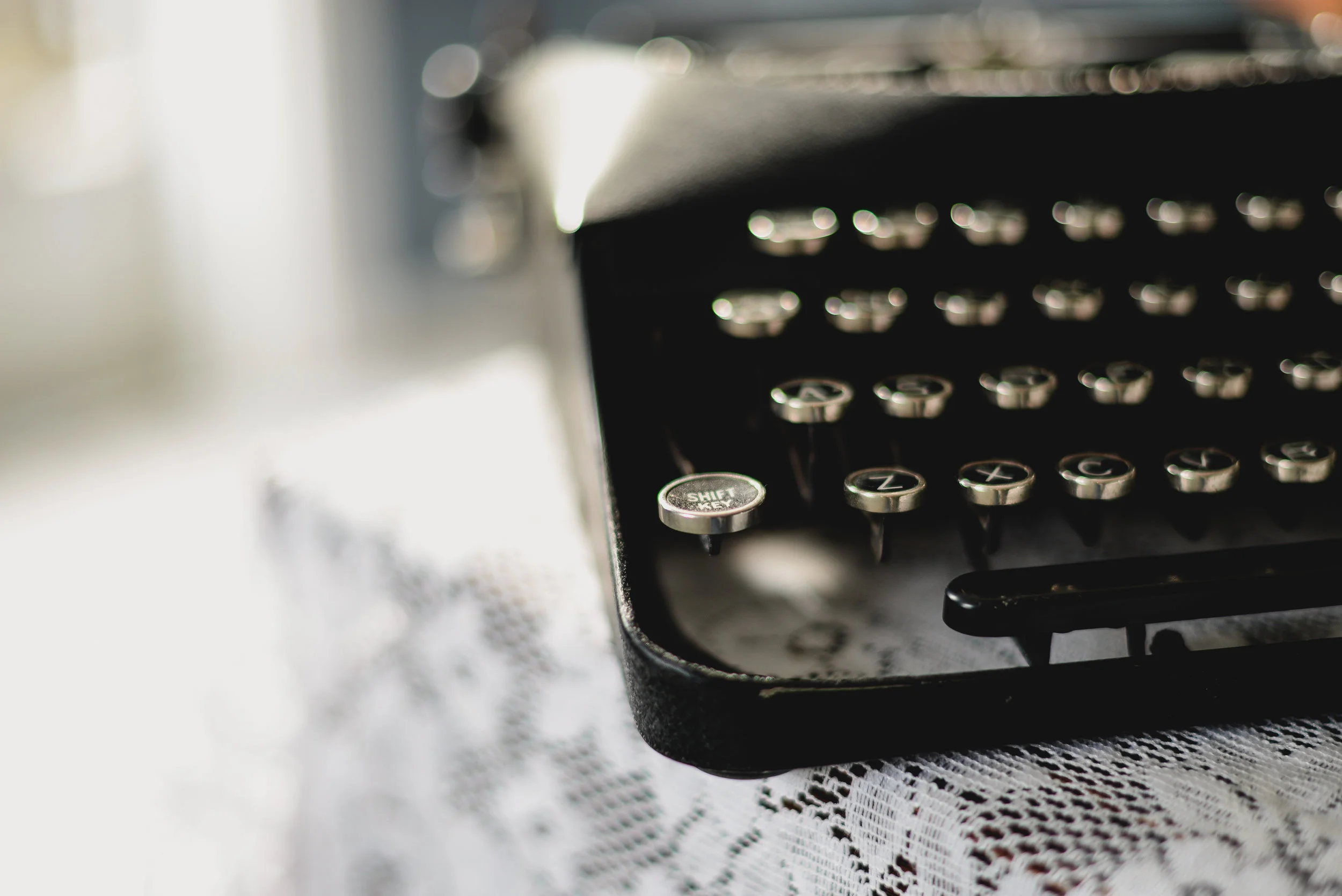To Have a Firm Persuasion in Our Work
Last week I talked about David Whyte's “antidote to exhaustion” in a post. It reminded me to pull his book Crossing the Unknown Sea: Work as a Pilgrimage of Identity from the shelf.
When you're a writer or an artist, usually you have your work, your art, and you have your day job. And then you have also a lot of other jobs – parenting, freelancing, and in my case, I help my partner (minimally, but still) with his work (photographing it, web stuff, social media). I'm not even going to mention the other household labours. Work, I think, is a complicated thing for pretty much everyone, and certainly for those of us trying to do several jobs at once. Most of us have long ago realized that the advice "do what you love and the money will follow" is a bit ridiculous.
Work of all sorts takes up so much of our lives and yet, it's difficult to talk about. David Whyte begins his book by quoting William Blake and his idea of dedication to work as a “firm persuasion.” When you have this, Whyte says, we “feel that what we do is right for ourselves and good for the world at the exactly same time” and this “is one of the great triumphs of human existence.” Whyte also offers up another way to think about our working life: as a lifelong pilgrimage. I like this following line very much:
“To have a firm persuasion, to set out boldly in our work, is to make a pilgrimage of our labours, to understand that the consummation of work lies not only in what we have done, but who we have become while accomplishing the task.”
In a work-related presentation not long ago, the group was asked to think about and remember those things that originally brought us to the work we do, as a way of rejuvenating our work life, reaffirming our path. (At least that's how I interpreted this).
When I got home, I sat with this for a while, and I thought about the jobs I do. As a writer, I love the tools of writing. I love the feel of paper, the ink sliding onto it. I write in my journal with a fountain pen, and there's such pleasure in that. I like typing, the way that you can move your fingers over the keyboard and say a word in your head and have your fingers just type it. And obviously, I love words and making images with them and strange connections. I like writing things down as I think them through. It's not hard to think of a multitude of things that drew me to my library work, as well.
David Whyte says that Blake's firm persuasion is also a “form of self-knowledge; it was understood as a result, an outcome, a bounty that came from paying close attention to an astonishing world and the way each of us is made differently and uniquely for that world.”
I think what speaks to me is this combination of looking at the details of our work, paying attention to all of these astonishing things that we participate in every day, and then at the same time stepping back and seeing them as part of a lifelong pilgrimage. In the end, as Whyte says, it's not even the work itself that matters so much, as who you become while doing the work. The book I write matters less than who I become while writing the book.
There's the tendency for writers and artists to think of their art as the real work, and the other stuff as a paycheque. But it's all in conversation. I'll end with another quotation from David Whyte:
“Life is a creative, intimate and unpredictable conversation if it is nothing else, spoken or unspoken, and our life and our work are both the result of the particular way we hold that passionate conversation.”







